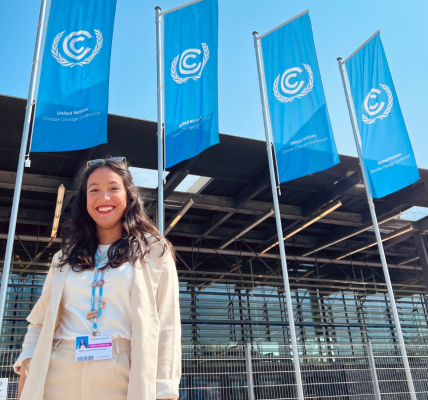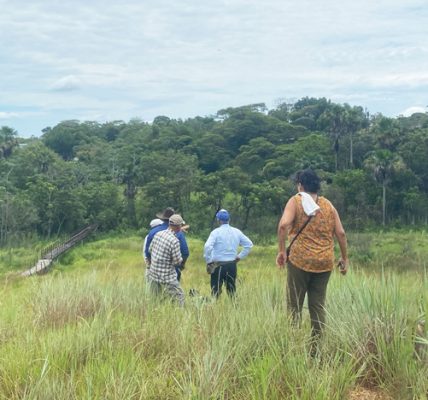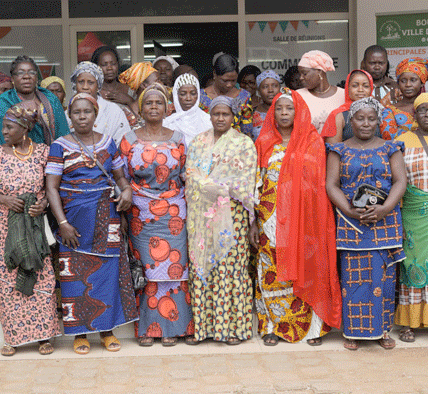In the ongoing battle against climate change, there is a glimmer of hope, albeit with a slow but steady progress.
The recent COP28 in Dubai, held in December 2023, fell short of expectations as developed countries hesitated to commit to the necessary energy transition, while developing nations faced challenges in reducing reliance on fossil fuels for their development.
Despite the sluggish pace of governmental decisions at COP28, progress is evident, particularly in discussions surrounding the implementation of carbon markets and carbon transactions between countries. Bilateral agreements and cooperation pacts signed by various nations further demonstrate a commitment to climate action.
However, with only six years left to achieve the Paris Agreement goals, the financial resources available to governments are deemed insufficient. Carbon markets are seen as a crucial tool to mobilize resources and reduce costs for achieving climate targets.
Governments, facing challenges in decision-making, are increasingly turning to the private sector for innovative solutions to mitigate climate change and fulfill Paris Agreement objectives.
In his recent column on NTN24, Alexis Leroy, ALLCOT’s Founder & CEO, emphasizes the significant role played by the private sector in propelling climate action forward.






